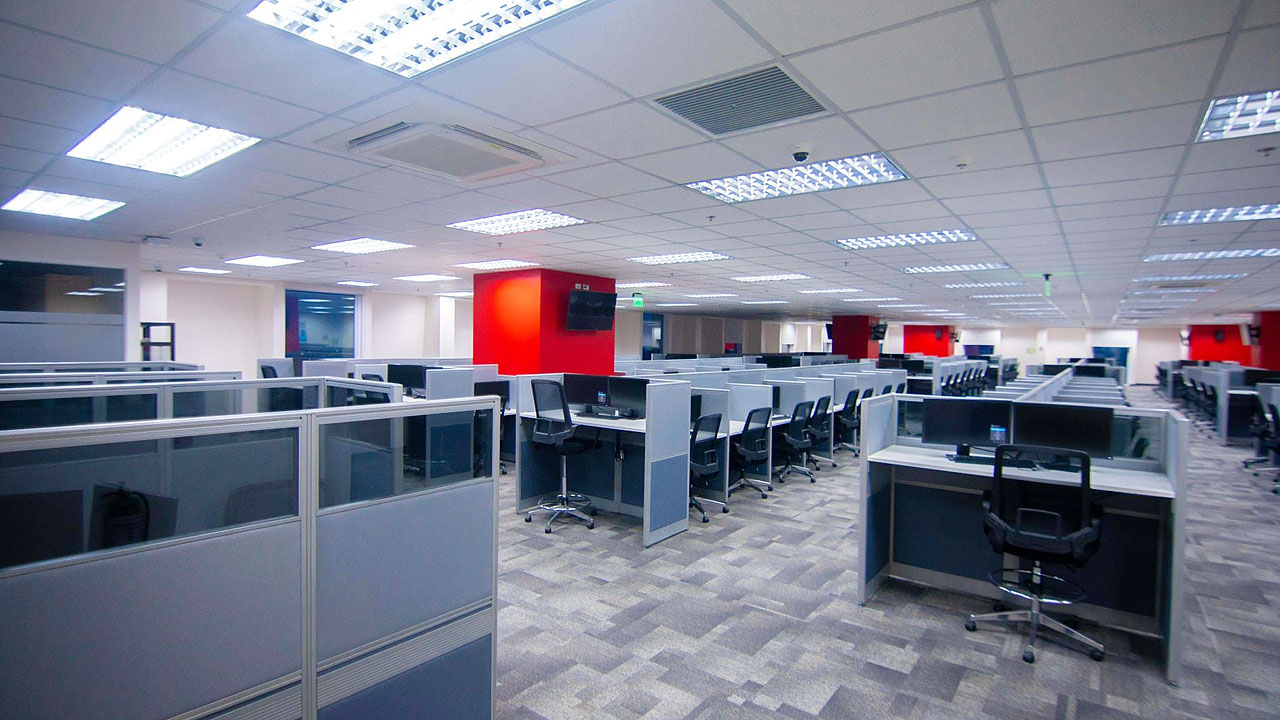AI adoption may slow office space demand — Cushman & Wakefield

THE adoption of artificial intelligence (AI) among businesses, especially in the information technology-business process outsourcing (IT-BPO) industry, may slow the growth in demand for office spaces, according to real estate services firm Cushman & Wakefield.
“The increasing use of AI advancements, especially in the IT-BPM industry, could potentially limit the demand growth for office spaces in key markets if stakeholders do not fully adapt to these changes,” Claro dG. Cordero, Jr., director and head of research, consulting & advisory services at Cushman & Wakefield, said in a report released on Monday.
“AI-driven technologies like virtual assistants, chatbots, and automated customer service interfaces have replaced human roles due to their improved efficiency, service quality, and cost-effectiveness,” he added.
Despite AI advancements, Mr. Cordero also said, human intervention is needed for data analytics and complex customer service.
Last month, BMI, a unit of Fitch Solutions, said the Philippines’ BPO industry might shrink as AI use in workplaces grows.
AI helps companies bring call centers back to developed countries at a lower cost, BMI Head of Asia Country Risk Darren Tay said in a webinar.
“It is crucial for industry stakeholders to develop policies and programs that equip and upskill workers…with the necessary technical skills,” Mr. Cordero said.
AI is just one of the key factors disrupting the market, alongside global geopolitical events, according to Cushman & Wakefield.
In the Philippines, the immediate challenges are the total ban on Philippine Offshore Gaming Operators (POGOs) and the implementation of the CREATE MORE Bill, which supports flexible work arrangements and will likely result in more vacant spaces, according to the real estate services firm.
By the end of the third quarter, the vacancy rates for prime and grade “A” office buildings in Metro Manila increased by 280 basis points (bps) from the previous quarter and by 136 bps year over year, Cushman & Wakefield said.
The average vacancy rate hit 18.2%, the highest recorded by Cushman & Wakefield Research since the second quarter of 2004, reflecting a rise of over 1,380 bps since the second quarter of 2020.
In the third quarter, the market saw an influx of 114,000 square meters (sq.m.) of new office space.
Coupled with a substantial amount of office space being vacated as major corporations reassessed their office requirements, this has led to an increase in the overall volume of vacant office space, the consultancy firm said.
Average asking rents for prime and grade A office spaces saw a slight decline in the third quarter, continuing a trend of four consecutive quarters of decreases.
The average headline rent for these developments in Metro Manila settled at P1,003 per sq.m. per month, down by 67 bps from P1,010 per sq.m. per month in the previous quarter, and by 363 bps from P1,041 per sq.m. per month in the same quarter last year, the firm said.
“The Metro Manila office market is exhibiting a slower-than-expected recovery in Q3 2024. Overall vacancy rates have steadily increased and average headline rents have marginally declined again this quarter, making the market more favorable for tenants,” said Tetet Castro, director and head of Tenant Advisory Group at Cushman & Wakefield.
“The initial effects of the total POGO ban and amendments to the CREATE Bill are already being felt in Q3 2024. Several returns of office space are observed, this coupled with the completion of new developments, have resulted in the increase in overall vacancies. In the medium term, elevated vacancy rates and lower headline rents in the Metro Manila office market are expected.” — B.M.D. Cruz



